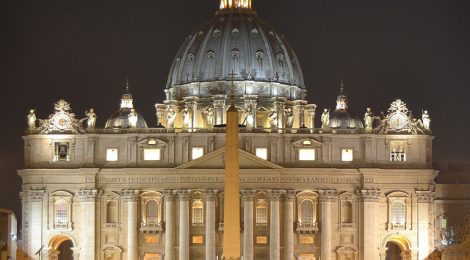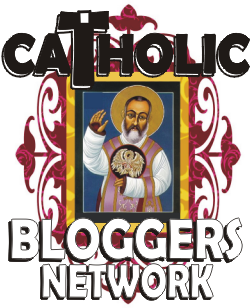
The Church defines Christianity, not you!

Blog For Photos at Flickr
by Elijah Simmons
There are those in the Christian family who have a strange ideal about the nature of the Church. They believe that Christ transcends the churches and does not need to be shackled by its organization; they believe the Church is a spiritual intangible body. They say that all that matters is a personal relationship with God and all their theology and ideals are based on private opinions and ideals.
The truth, which they have difficulty seeing, is Christ is not what really transcends the Church, but they are, because when it comes down to it their choice of fellowship is based on what works best for them. Through their Christian journeys they have amassed, through study and experience, a plethora of doctrines and beliefs. So when deciding on Christian fellowship they go through their checklist, joining whatever group lines up with their beliefs and common experiences the most.
They act as if the Church is a loose coalition of peoples who share the same basic principles. They use other Christians as a means to an end. As long as they don’t feel too uncomfortable or challenged they’ll stick around, but as soon as confrontation arises they pack up ready to go church shopping. It is not uncommon for these Protestants to have moved from church to church numerous times. They seem to have more loyalty to a sports team or pet then they do to the church they are currently attending. Is this really a reflection of how Christ wanted his followers to commune with each other?
This is not the Church Christ founded. The image of the Trinity is familial love and respect for one another. Christ told us to love one another as ourselves. We are not to pick and choose who we fellowship with based on common comfort. There’s a saying: “You can pick your friends, but you can’t pick your family.” The same is true of fellowship. The family of God was active and growing 1500 years before these pickers and choosers even existed. Furthermore this skewed view of invisibility gone wild was not even on the minds of the starters of the reformation. This is a relatively recent idea which is used to justify the exponential nature of Protestant sects. Martin Luther never thought the Church was invisible.
So if this belief that fellowship is based on how comfortable you feel and whether or not your beliefs line up with the group you are with is wrong, then how do we solve the problem of unity? Easy, become part of the largest, oldest, and most universally sound gathering of believers, the One, Holy, Catholic, and Apostolic Church. The Church defines who we are to be, not the other way around.
